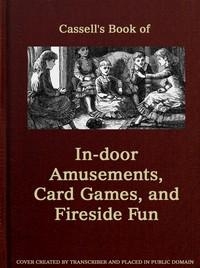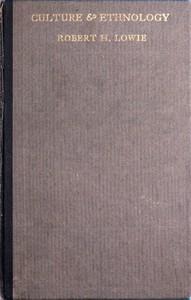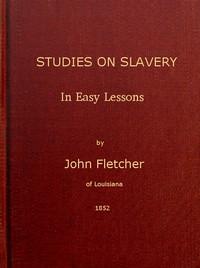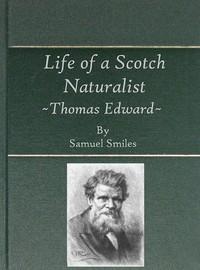Read this ebook for free! No credit card needed, absolutely nothing to pay.
Words: 265144 in 78 pages
This is an ebook sharing website. You can read the uploaded ebooks for free here. No credit cards needed, nothing to pay. If you want to own a digital copy of the ebook, or want to read offline with your favorite ebook-reader, then you can choose to buy and download the ebook.
STUDIES ON SLAVERY.
THIS author informs us that he has been many years preparing the work, with a view to furnish his pupils with a text-book free from the errors of Paley. Like Paley, whom he evidently wishes to supersede, he has devoted a portion of his strength to the abolition of slavery. We propose to look into the book with an eye to that subject alone. President Wayland says:
P. 24. "Moral Law is a form of expression denoting an order of sequence established between the moral quality of actions and their results."
Pp. 25, 26. "An order of sequence established, supposes, of necessity, an Establisher. Hence Moral Philosophy, as well as every other science, proceeds upon the supposition of the existence of a Universal Cause, the Creator of all things, who has made every thing as it is, and who has subjected all things to the relations which they sustain. And hence, as all relations, whether moral or physical, are the result of his enactment, an order of sequence once discovered in morals, is just as inviolable as an order of sequence in physics.
"Such being the fact, it is evident that the moral laws of God can never be varied by the institutions of man, any more than the physical laws. The results which God has connected with actions will inevitably occur, all the created power in the universe to the contrary notwithstanding.
"A higher authority has admonished us, 'Be not deceived; God is not mocked; whatsoever a man soweth, that shall he reap.' It is also to be remembered, that, in morals as well as in physics, the harvest is always more abundant than the seed from which it springs."
To this doctrine we yield the highest approval.
The first obvious deduction from the lesson here advanced is, that the laws of God, as once revealed to man, never lose their high moral qualities nor their divine character, at any subsequent age of the world. The law, which God delivered to Moses from Mount Sinai, authorizing his chosen people to buy slaves, and hold them as an inheritance for their children after them, is, therefore, the law of God now. The action of the law may be suspended at a particular time or place, from a change of contingencies,--yet the law stands unaffected.
We hope no one doubts the accuracy of the doctrine thus fairly stated in these "Elements." But we shall see how fatal it is to some portions of the author's positions concerning slavery. And we propose to show how this doctrine, as connected with slavery, has been, and is elucidated in scripture. The twenty-eighth chapter of Deuteronomy shows that the fruits of wickedness are all manner of curses, finally terminating in slavery or death.
The biblical scholar will recollect a multitude of instances where this doctrine is clearly advanced, recognising sin as the antecedent of slavery.
From the wording of the covenant it is evident that Abraham had slaves before the covenant was made, since it embraced regulations concerning slaves, but, in no instance, hints that the existence of slavery was adverse to the law of God, or that the holding of slaves, as slaves, was contrary to his will. The deduction is, that slavery exists in the world by Divine appointment; and that the act of owning slaves is in conformity with the moral law.
The abuse of slavery, like the abuse of any thing else, is doubtless a great sin. Of the blessings God bestows on man, there is perhaps no one he does not abuse; and while we examine the laws of God, as presenting to the mind the vast field of cause and effect,--of antecedent and consequent,--we may be led to a reflection on the necessity of a conformity thereto, lest a long continuance of such abuses shall become the antecedent to future calamities and woes, either to ourselves or posterity; woes and calamities prefigured by those nations and tribes already under the infliction of slavery, as a just punishment of sin.
Free books android app tbrJar TBR JAR Read Free books online gutenberg
More posts by @FreeBooks

: Harper's Young People September 6 1881 An Illustrated Weekly by Various - Children's periodicals American
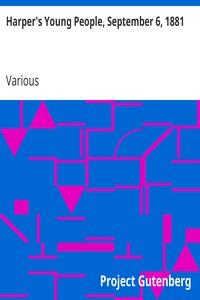

: Cassell's Book of In-door Amusements Card Games and Fireside Fun by Various - Games; Amusements; Card games; Indoor games
